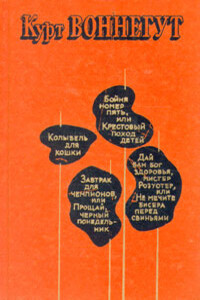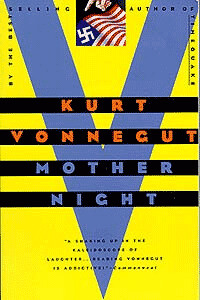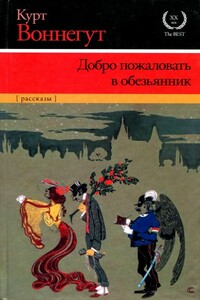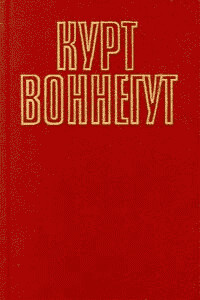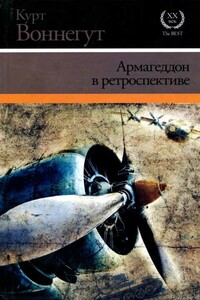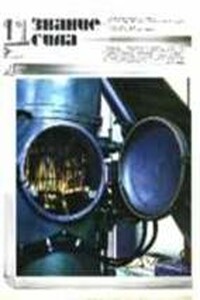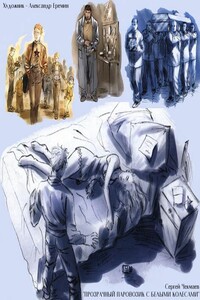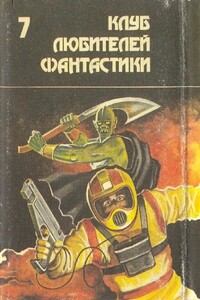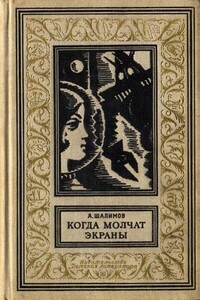|
| The liquid that was crystallizing hadn't changed, but the crystals it was forming were, as far as industrial applications went, pure junk. | Жидкость, которая кристаллизовалась, не изменялась, но сами кристаллы для использования в промышленности уже не годились. |
| 281 How this had come about was a mystery. | 292 Как это вышло, осталось тайной. |
| The theoretical villain, however, was what Dr. | Теоретически "злодеем" была частица, которую доктор Брид назвал зародыш. |
| Breed called "a seed." He meant by that a tiny grain of the undesired crystal pattern. | Он подразумевал крошечную частицу, определившую нежелательное смыкание агомов в кристалле. |
| The seed, which had come from God-only-knows-where, taught the atoms the novel way in which to stack and lock, to crystallize, to freeze. | Этот зародыш, взявшийся неизвестно откуда, научил атомы новому способу соединения в спайки, то есть новому способу кристаллизации, замораживания. |
| 282 "Now think about cannonballs on a courthouse lawn or about oranges in a crate again," he suggested. | 293 - Теперь представьте себе опять пирамидку пушечных ядер или апельсины в ящике, - сказал доктор Брид. |
| And he helped me to see that the pattern of the bottom layers of cannonballs or of oranges determined how each subsequent layer would stack and lock. | И он мне объяснил, как строение нижнего слоя пушечных ядер или апельсинов определяет сцепление и спайку всех последующих слоев. |
| "The bottom layer is the seed of how every cannonball or every orange that comes after is going to behave, even to an infinite number of cannonballs or oranges." | Этот нижний слой и есть зародыш того, как будет себя вести каждое следующее пушечное ядро, каждый следующий апельсин, и так до бесконечного количества ядер или апельсинов. |
| 283 "Now suppose," chortled Dr. Breed, enjoying himself, "that there were many possible ways in which water could crystallize, could freeze. | 294 - Теперь представьте себе, - с явным удовольствием продолжал доктор Брид, - что существует множество способов кристаллизации, замораживания воды. |
| Suppose that the sort of ice we skate upon and put into highballs - what we might call ice-one - is only one of several types of ice. | Предположим, что тот лед, на котором катаются конькобежцы и который кладут в коктейли - мы можем назвать его "лед-один", - представляет собой только один из вариантов льда. |
| Suppose water always froze as ice-one on Earth because it had never had a seed to teach it how to form ice-two, ice-three, ice-four...? And suppose," he rapped on his desk with his old hand again, "that there were one form, which we will call ice-nine - a crystal as hard as this desk - with a melting point of, let us say, one-hundred degrees Fahrenheit, or, better still, a melting point of one-hundred-and-thirty degrees." |
